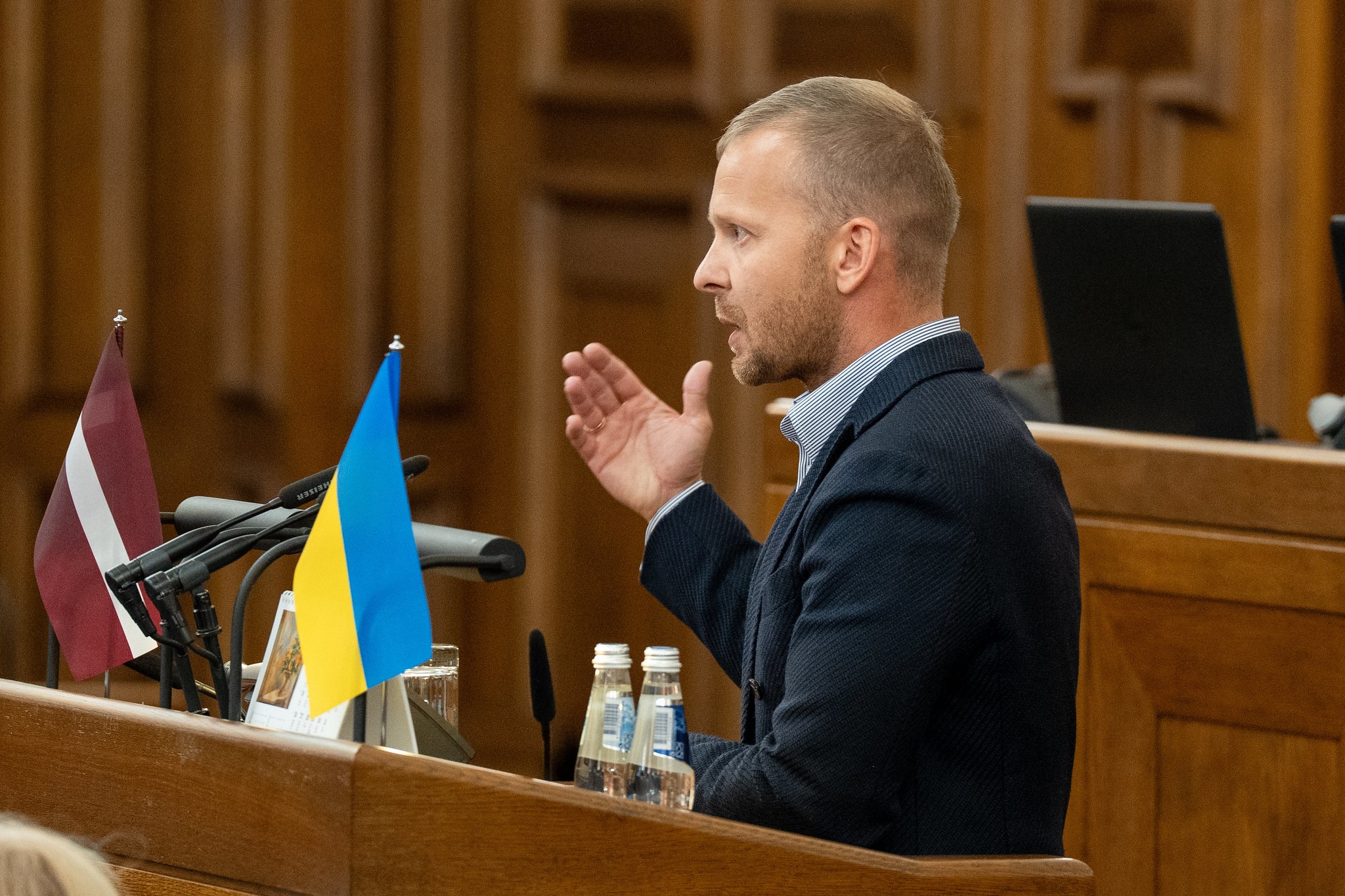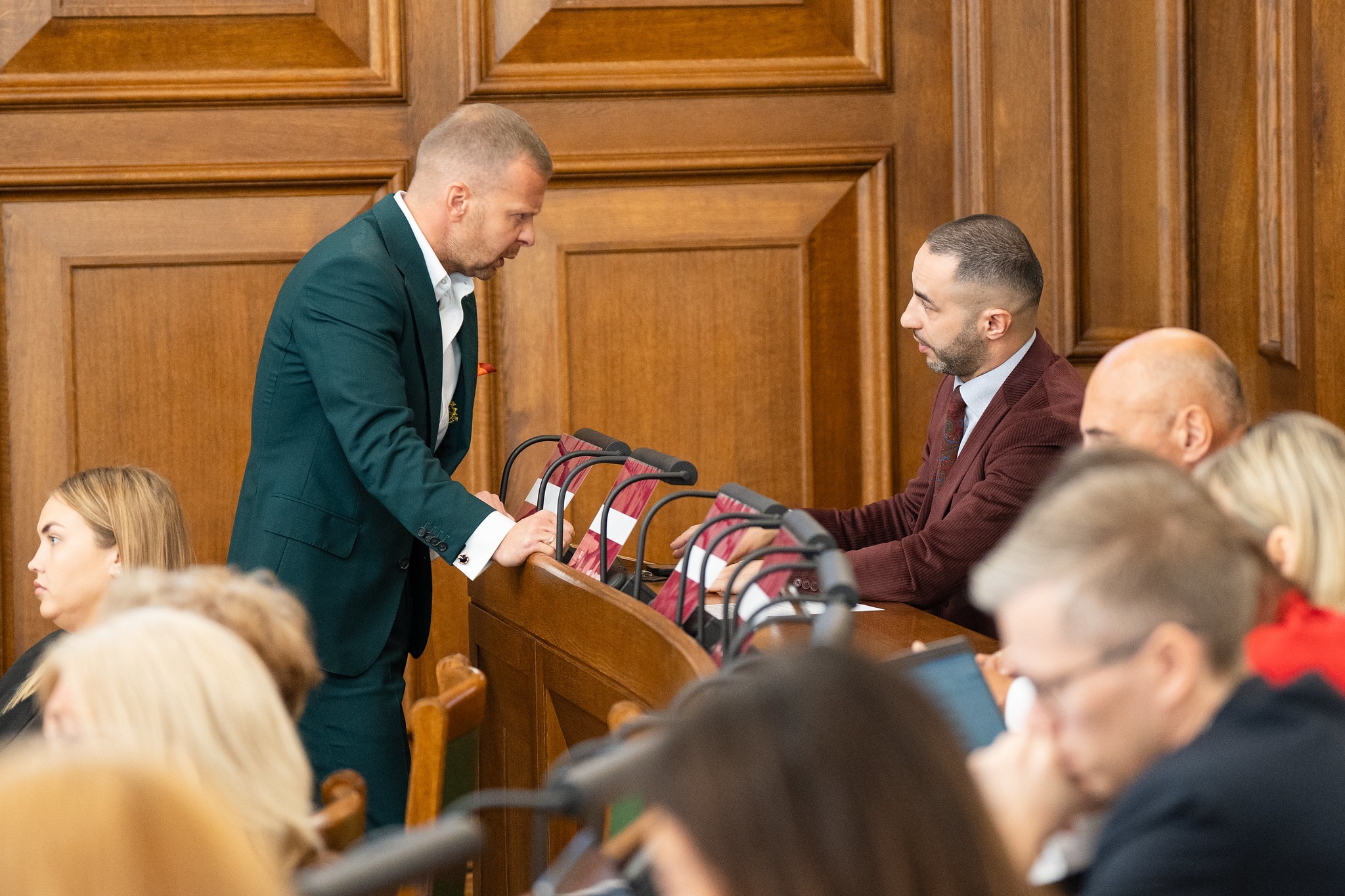Tag:
Reports
Latvia Monthly: Political Victimhood and Radical Messaging Fuel Tensions Between Communities
In June, Stability! party leader Aleksejs Roslikovs sparked controversy by declaring in Parliament, “There are more of us! We cannot be banned!” – a response to a nationalist proposal to restrict Russian language use. His remarks and viral social media posts were later amplified by pro-Kremlin media, highlighting how domestic tensions can fuel foreign propaganda.
Read moreLatvia Weekly: Russian Language Debate Fuels Radical Rhetoric
Aleksejs Roslikovs sparked major controversy with his parliamentary declaration "There are more of us! We cannot be banned!" in response to proposed Russian language restrictions, leading to criminal proceedings for allegedly assisting Russia and inciting hatred. Following incidents including a hanging his effigy and offensive football fan posters targeting him, Roslikovs has leveraged these threats to construct a comprehensive victimization narrative on social media, portraying himself as a persecuted defender of Russian speakers against what he characterizes as organized extremist persecution and broader conspiracies by Latvia's establishment.
Read moreLatvia Weekly: MP’s Arrest Fuels Populist Narrative Online
Aleksejs Roslikovs transformed his detention by Latvia's State Security Service on charges of assisting Russia and inciting hatred into a powerful social media narrative of political martyrdom, portraying himself as a persecuted victim fighting government oppression. His TikTok videos reframing the criminal investigation as evidence of his heroic resistance demonstrate how populist politicians can exploit legal troubles to strengthen their anti-establishment credentials and generate massive online engagement.
Read moreLatvia Weekly: Roslikovs’ Outburst Sparks a Viral Storm
Party National Alliance and leader of Stability party Aleksejs Roslikovs created a major political scandal. The National Alliance proposed a declaration in the Parliament calling to restrict use of Russian language in public spaces (which was rejected by the Parliament). Roslikovs reacted to this proposal using inflammatory language and gestures in the Parliament. This incident clearly illustrates how nationalist and Russian political parties exploit each other's actions to fuel both domestic tensions and Kremlin’s propaganda narratives.
Read moreDon't miss a story.
We publish stories that change laws, lives, minds and the world. Subscribe to our newsletter to get our investigations delivered to your inbox.


